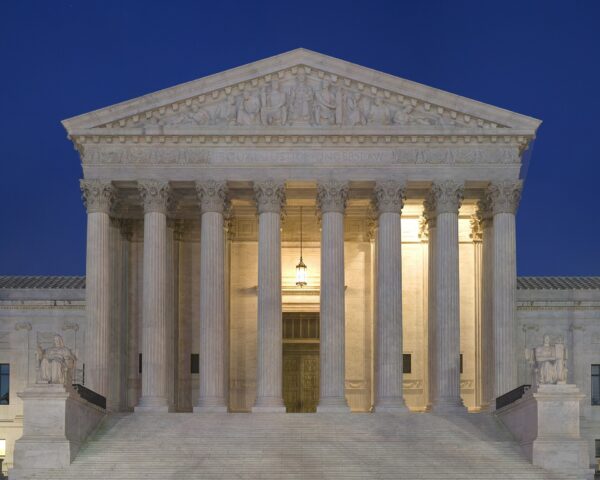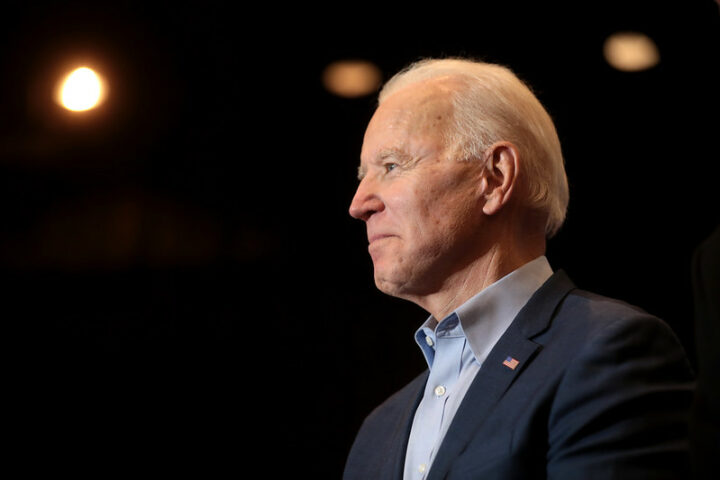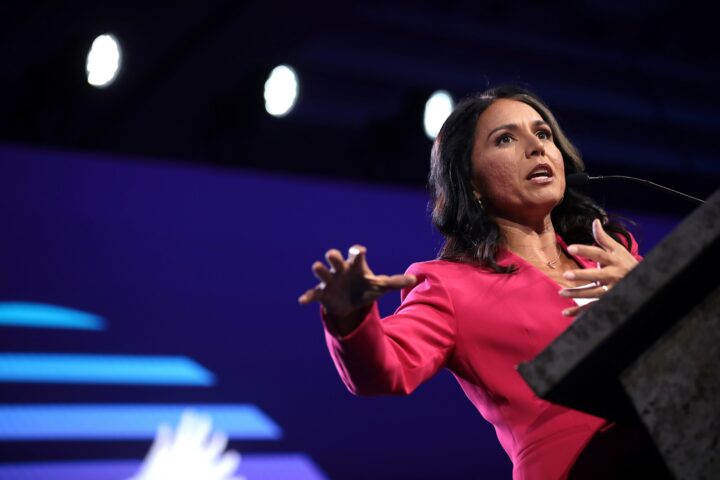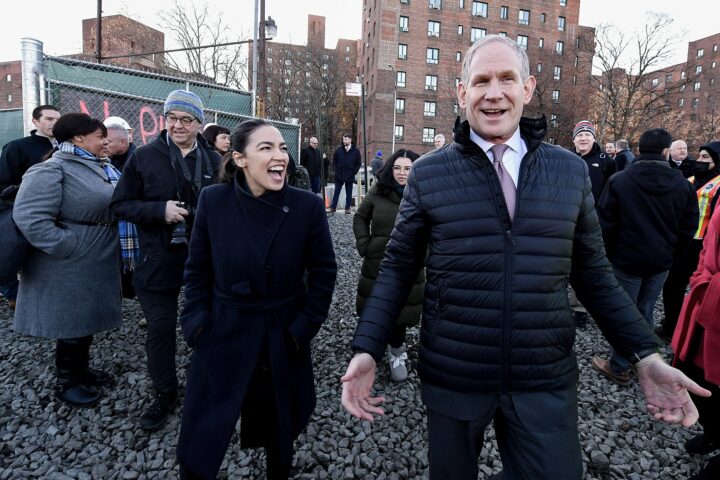The Supreme Court reportedly overturned the federal regulatory framework that had been in place for 40 years, giving federal judges the authority to question agency decisions on environmental, consumer, and workplace safety policies, among other issues.
The 6-3 judgment, based on ideological differences, overturns a 1984 rule instructing federal courts to adhere to agency legal interpretations where statutory language provided by Congress is unclear.
Conservative legal activists, Republican-led states, and certain business organizations have claimed in recent years that the 1984 case Chevron v. Natural Resources Defense Council empowers agenda-driven regulators to exceed their authority.
By abandoning the notion known as Chevron deference, the courts have given parties who disagree with agency judgments additional opportunities to invalidate regulations by convincing federal judges that agency officials exceeded their power.
Even before the verdict, the conservative-dominated court had been hammering away at government regulatory power, overturning Biden administration policies ranging from public-health measures to combat Covid-19 to a broad forgiveness of student loan debt.
While the Supreme Court has not used Chevron for authority in years, several lower courts have stated that they are bound by the concept as long as it is on the books.
[READ MORE: Supreme Court Rules Against Liberals in Landmark Homelessness Case]








